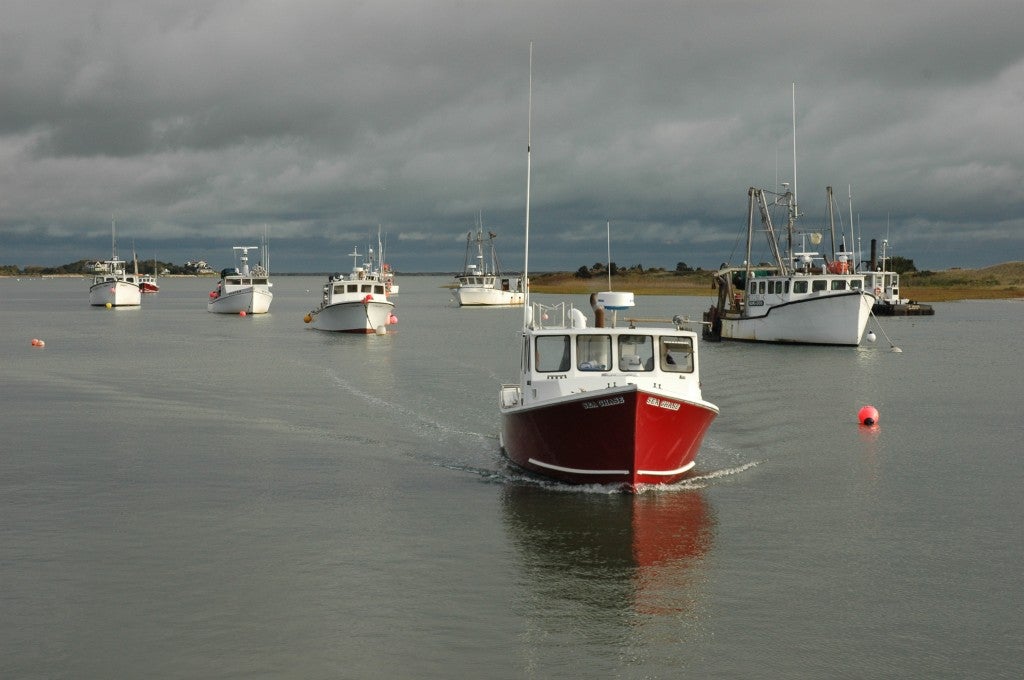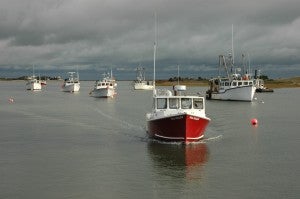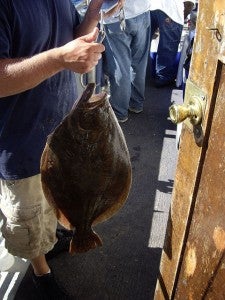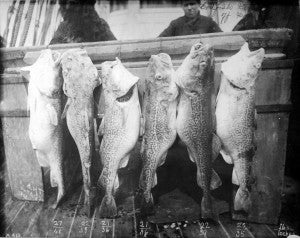In yesterday’s New York Times, Oceana’s Gib Brogan raised serious concerns in an Opinion piece, “A Knockout Blow for American Fish Stocks,” about both the future facing New England cod and the New England Management Council’s stewardship of the region’s fisheries resource. We share many of Gib’s concerns.
Fisheries management is too often presented as a choice between protecting the environment, on the one hand, and the economic interests of fishermen and coastal communities on the other. But we know from our experience in United States that the two are inextricably linked. With many fisheries around the country rebounding, fishermen are among the primary beneficiaries as catch limits increase. Conversely in New England, the collapse of cod presents a significant challenge to coastal fishing businesses; and the recent initiatives of the council on habitat and monitoring are dangerous precisely because they further jeopardize the fishery’s long-term prospects. Read More















